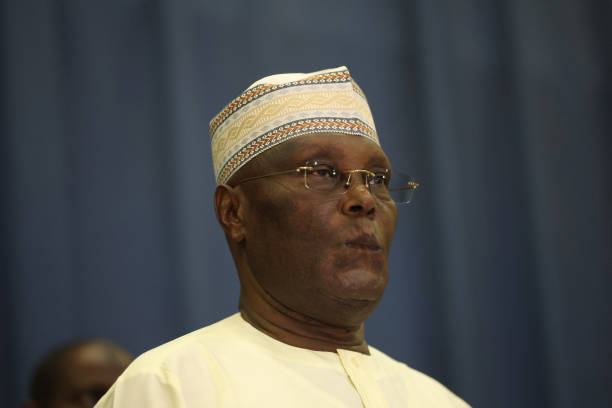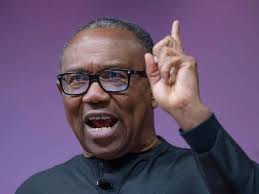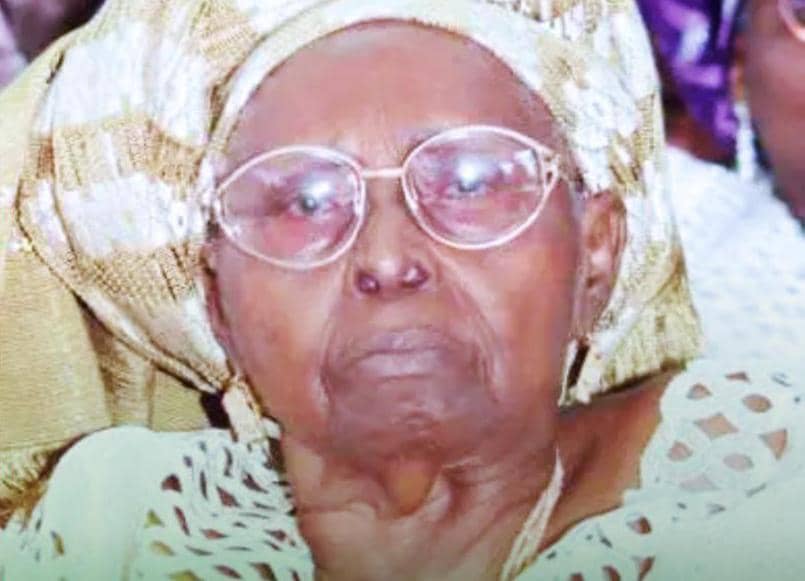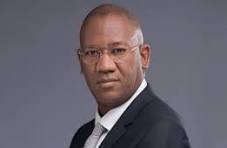He’s the man who never stops running. Whether Nigeria is booming or bleeding, whether he’s in favour or outcast, Atiku Abubakar always finds a way back into the presidential race. Some call him the comeback king. Others call him a political tourist. But most Nigerians now know him by another name: Mr Restructuring — a man on a mission, or perhaps a myth, chasing the highest seat in the land for over three decades.
A Dream That Won’t Die
Atiku Abubakar, a former Vice President and one-time customs officer, has contested for Nigeria’s presidency six times — across different decades, under different parties, with different slogans, yet always with the same goal.
Since his first serious attempt in 1993, the 77-year-old from Adamawa has become a permanent fixture in the country’s democratic theatre. He’s lost primaries. He’s lost elections. He’s even lost party structures. Still, he runs.
To his supporters, he is a relentless patriot — someone who believes he has the experience and the vision to fix Nigeria. To his critics, he is a serial contestant who refuses to retire gracefully.
Yet, behind the mockery and memes lies a real political puzzle: what keeps Atiku running?
The Restructuring Mantra
At the heart of Atiku’s politics is a single word: restructuring. For years, he has championed the idea of devolution of power — giving more control to Nigeria’s states rather than leaving everything in the hands of the central government in Abuja.
“It’s the only way Nigeria can survive as a united country,” he often says.
He envisions a Nigeria where state governments have more say over their resources, security, and development — a kind of federalism that, he argues, is more practical for such a large and diverse country.
But critics say Atiku’s restructuring gospel only became louder after he left office as Vice President (1999–2007), when his falling out with then-President Olusegun Obasanjo left him politically sidelined. For some, it’s not a policy — it’s a campaign strategy.
“Where was restructuring when he was in power?” a university lecturer in Abuja asked rhetorically during the 2023 elections. “He had eight years.”
Political Gymnastics
Atiku’s political journey has been anything but straight. He has switched parties more times than most Nigerian politicians. From the Peoples Democratic Party (PDP) to the Action Congress (AC) to the All Progressives Congress (APC) and back again — sometimes even joining parties he once publicly criticised.
To some, this makes him pragmatic — someone willing to work across lines to achieve his goals. To others, it’s just political gymnastics with no loyalty to any ideology.
His party-switching has drawn mockery, but it’s also kept him relevant. Unlike many of his peers who faded out after one or two losses, Atiku has remained a major player, always in the mix, always negotiating, always building coalitions.
He knows the game. And he plays it well.
The Eternal Candidate
There’s now a folklore-like quality to Atiku’s repeated runs. In bars and market stalls, you hear Nigerians say: “Even if Atiku is 90, he will still contest.”
The joke isn’t far off. In 2023, he was the oldest of the major presidential candidates. Yet he campaigned with the energy of a newcomer, touring the country, speaking at rallies, promising to unify Nigeria and fix the economy.
His campaign focused on rebuilding institutions, fighting corruption, and, of course, restructuring. But many Nigerians remained unconvinced — not because of what he said, but because they had heard it all before.
In a nation weary of unfulfilled promises, Atiku’s words felt familiar — maybe too familiar.
What Next?
With his loss in 2023 to President Bola Tinubu, many thought Atiku would finally bow out. Instead, he launched legal challenges, made media appearances, and hinted at another possible run in 2027.
It’s hard to tell if Atiku truly believes he can still win, or if the presidency has become a personal obsession — a chase that now defines his public identity more than any policy ever could.
But one thing is clear: Atiku Abubakar has carved a unique place in Nigeria’s political history. Not just as a former VP or a wealthy businessman, but as the man who refuses to give up.
Love him or loathe him, you can’t ignore him. He is Mr Restructuring. The eternal candidate. The man who never stops running — even when the finish line keeps moving.
“I do not run because I must win,” he once said. “I run because I believe I can still make a difference.”
Whether Nigeria ever lets him prove it, is a different matter.





